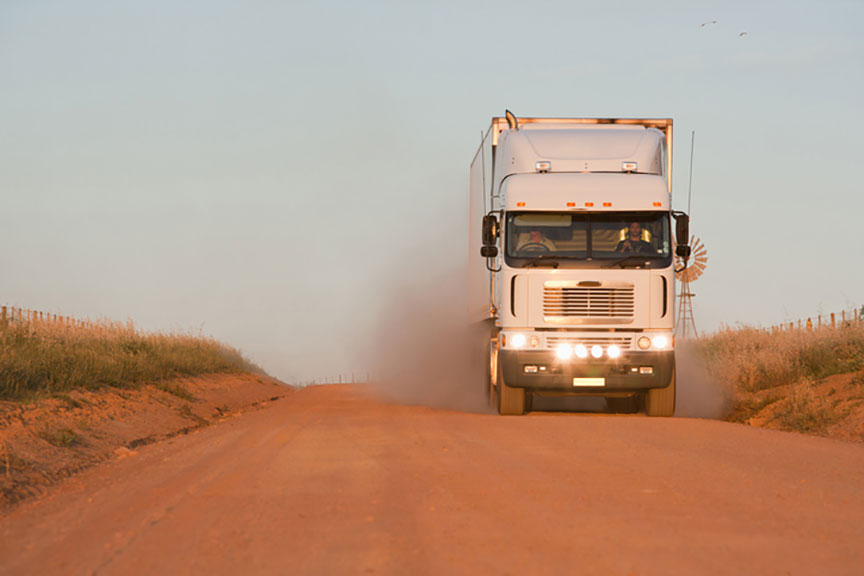The Impact of Crumbling Roads on the Manufacturing Industry
Manufacturing continues to play a critical role in rural economies. Despite an overall reduction in manufacturing jobs between 2001 and 2015 (a period that included two recessions), manufacturing continues to provide more jobs and higher earnings in rural communities than many other sectors, such as agriculture and mining. It is also more important to the rural economy than to the urban economy; plants survive longer in rural areas than in urban ones, making these rural areas better able to retain jobs. The solution to America’s crumbling infrastructure might be a little radical, but the manufacturing industry requires it for its lifeline.
According to the TRIP report, manufacturing accounts for 15% of earnings in rural areas compared to only 9% in urban ones.
Beyond the jobs and earnings benefits to local communities, manufacturing of course plays a huge role in the functioning of the entire national economy. Companies all up and down supply chains rely on timely transportation to and from plants. Missed or delayed deliveries can have dramatic effects on companies, even shutting down production lines, causing those companies to miss their own shipping times in an ongoing negative cycle. The associated fines, fees, and lost business can play a big part in hurting a company’s bottom line, while even creating shortages in consumer markets.
Meanwhile, as over 100,000 miles of rail lines have been abandoned, the industry relies more heavily than ever on trucks and the rural road systems they use. The vitality of these road systems plays a critical role in maintaining timely shipping rates, reducing goods shortages, and keeping profitability levels up, thereby ensuring the sustainability of local jobs and earnings.
As many of the rural road systems connecting rural manufacturing plants to urban markets continue to disintegrate, road agencies have to restrict the weights of traffic on roads. This can have a detrimental effect on shipping companies (and therefore manufacturers), as they have to find alternate, roundabout routes. This extra time and cost raise shipping rates and thereby operating costs, hurting profit margins (and raising prices down the line for end users).
Ensuring the reliability and continued usability of rural road networks is vital to maintaining the efficiency of American manufacturing.
Balancing the Solution to America’s Crumbling Infrastructure with the Impact on the Manufacturing Industry
One viable solution to America’s crumbling infrastructure is to downgrade the low-volume, paved roads that are in the worst condition to gravel roads, then use a comprehensive dust control and road stabilization program, converting paved to unpaved roads. This would reduce dangerous road conditions while spreading road management dollars further to maintain more road miles.
Gravel roads have plenty of their own problems, but a proper unpaved roads program, from a pioneer in the industry like Midwest, can alleviate many of those:
- A 95% reduction in dust makes road networks safer and more accessible (by reducing delays caused by dusty conditions) for moving products while reducing the road surface’s impact on the environment.
- By binding dust particles together at the molecular level, Midwest’s proprietary dust control product helps stabilize gravel roads. Road surfaces gain the strength and durability of a paved road, helping them last longer while reducing maintenance.
Manufacturing is the economic lifeline for many rural communities. But it is also a foundational building block in the national economy – poor rural road networks that slow transportation, create dangerous driving conditions or restrict access can negatively impact operations for companies across America. Midwest’s Unpaved Roads Plan® can help local road agencies better manage the rural road networks that play a vital role in the manufacturing industry. It’s just one way Midwest can help solve America’s crumbling infrastructure.

